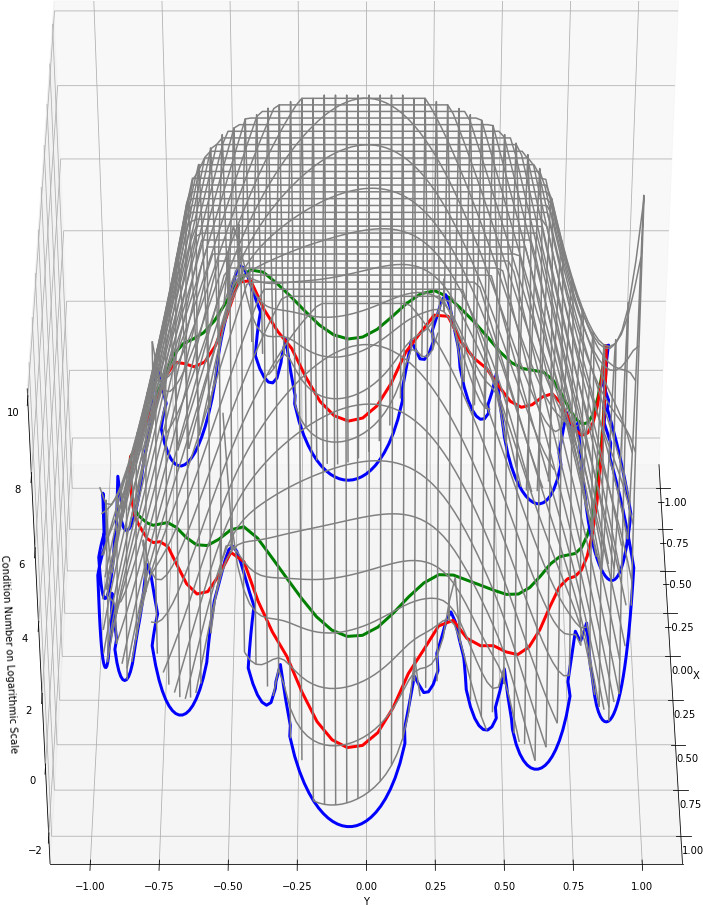
Integer Optimization in Applied Statistics
The census conducted in Germany in 2011 was the major motivation to study computational statistics and, for example, stratified sampling problems. Here, a sample is drawn (for instance 10 percent of the population) which has to be distributed among the population in such a way that the overall variance is minimized and certain structural and legal constraints are respected. Solving optimal allocation problems and their generalizations is important in many data-driven applications. The map on the left illustrates an Italian business survey and is taken from a project with my colleagues Ralf Münnich and Martin Rupp.

